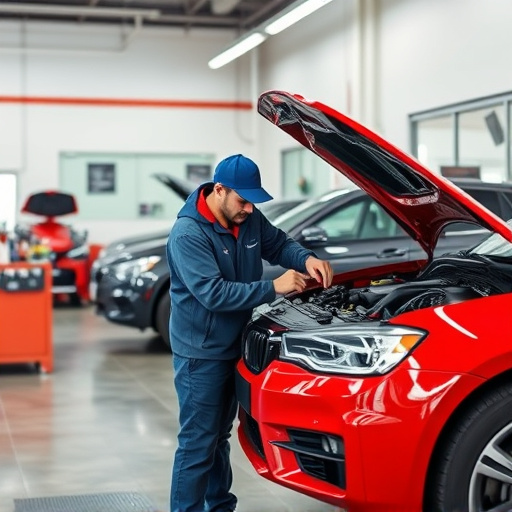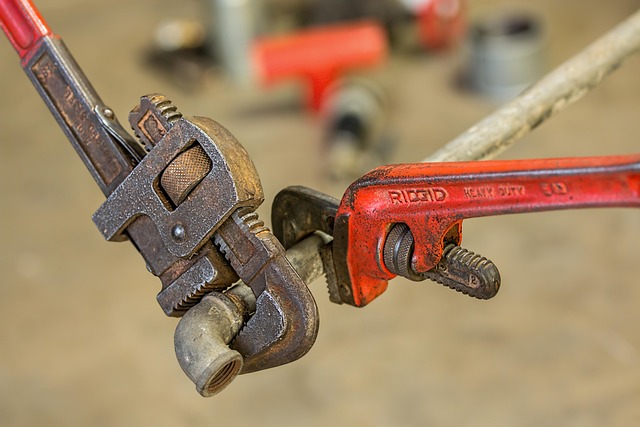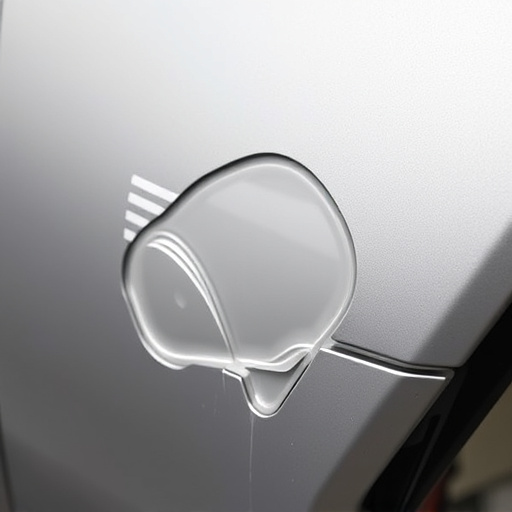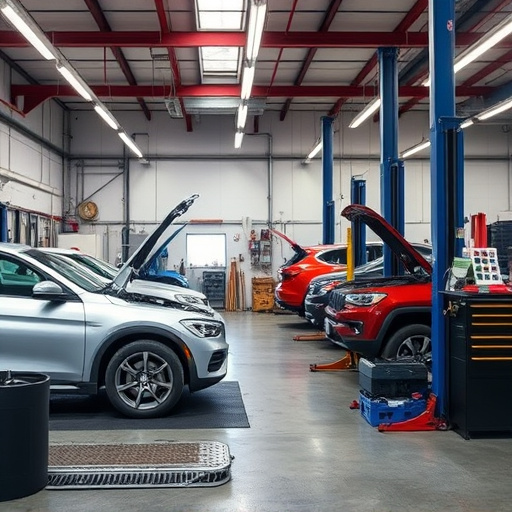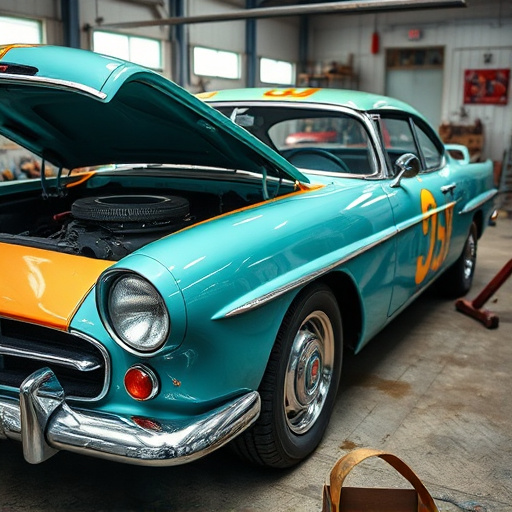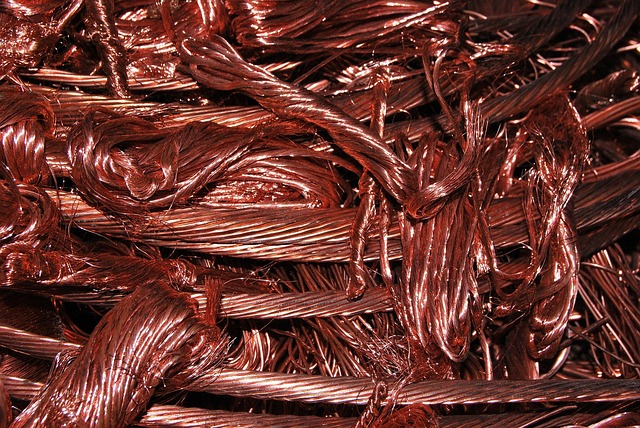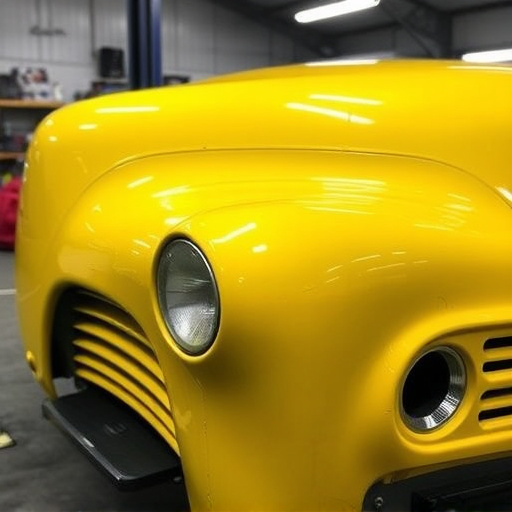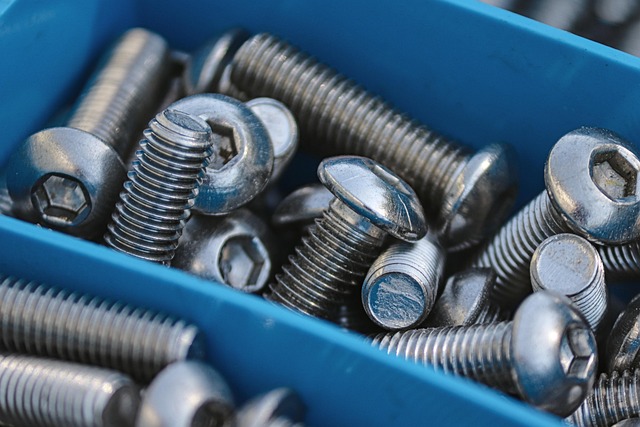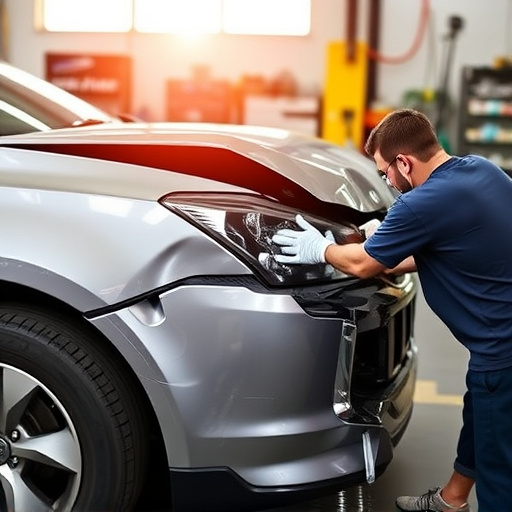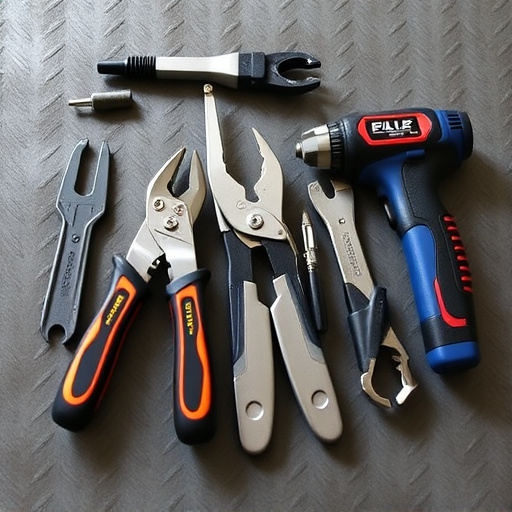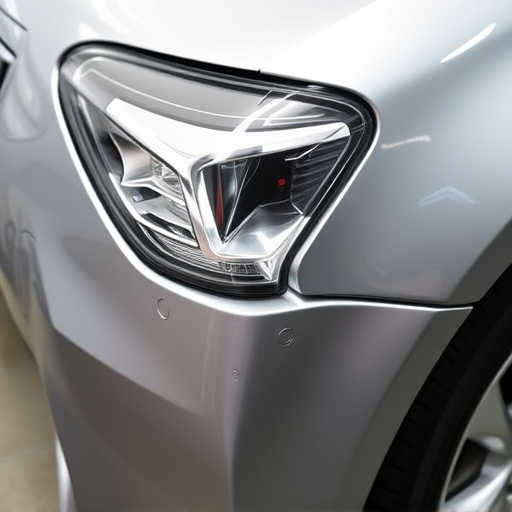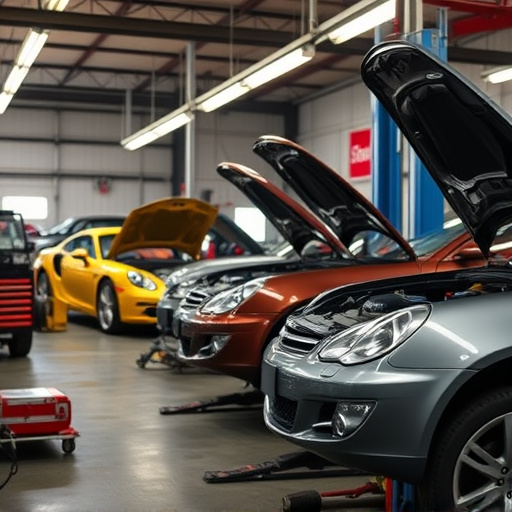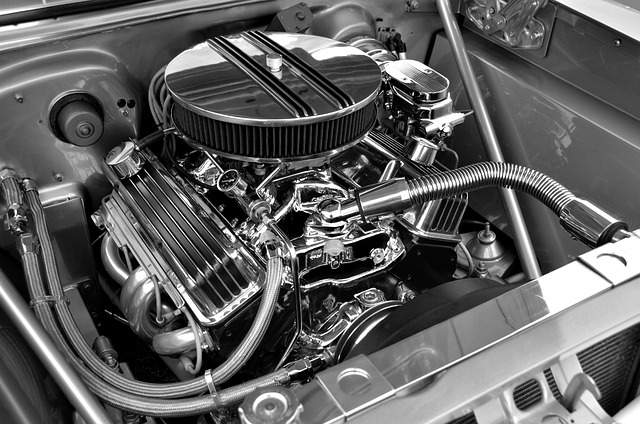Collision repair costs vary based on damage extent, location, and vehicle type. DIY methods save money for minor repairs but may lack professional quality. Professional collision repair offers expertise, high-quality parts, and guarantees for complex fixes, though more expensive. The choice depends on damage severity, desired outcomes, and cost versus convenience trade-offs.
“Curious about the DIY collision repair cost versus professional services? This comprehensive guide breaks down the financial considerations, pros, and cons of each approach. From understanding collision repair costs and their many influencing factors, to a side-by-side comparison between DIY and professional repairs, this article offers valuable insights for informed decision making. Discover how to navigate the complex world of collision repair bills and make choices that best suit your needs.”
- Understanding Collision Repair Costs: A Comprehensive Look
- DIY vs Professional: Pros and Cons of Each Approach
- Comparing Prices: Factors Influencing Collision Repair Bills
Understanding Collision Repair Costs: A Comprehensive Look
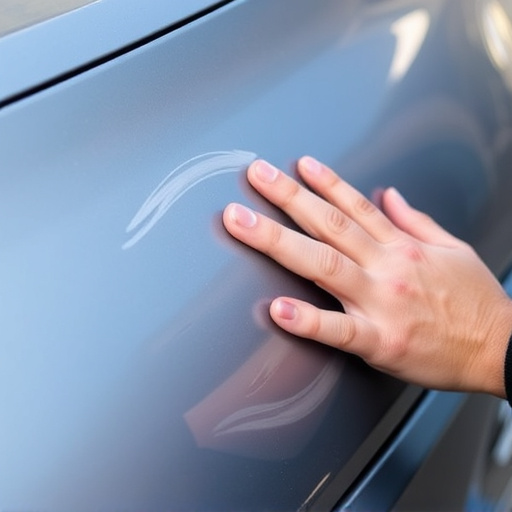
Collision repair costs can vary greatly depending on several factors. Before deciding between DIY dent removal or seeking professional auto painting and tire services, it’s essential to understand these variables. The extent of damage is a primary determinant; minor dents and scratches may only require cosmetic fixes, while more severe collisions could demand extensive body work, including panel replacement and structural repair.
Location also plays a significant role, as labor costs differ across regions. Additionally, the type of vehicle affects pricing due to varying material and part availability and complexity. Modern cars often have intricate designs, which can increase collision repair cost compared to older models. Knowing these factors empowers individuals to compare estimates from various shops or consider DIY methods for less severe repairs, like dent removal, to save on expenses.
DIY vs Professional: Pros and Cons of Each Approach
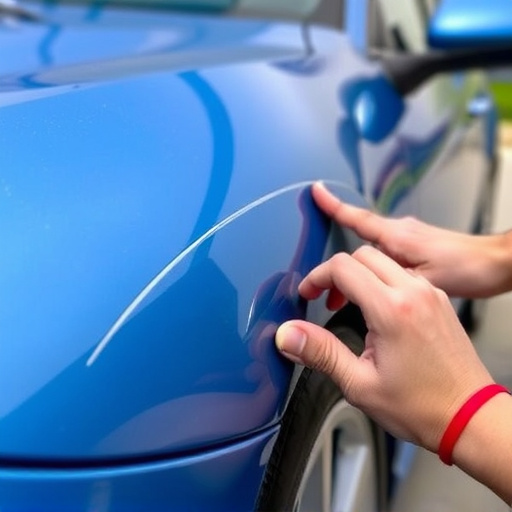
When considering DIY collision repair versus enlisting professional car bodywork services, it’s crucial to weigh the pros and cons of each approach. Doing it yourself (DIY) can be appealing for those seeking to save money on collision repair cost. It allows for greater control over the process and can even enhance your automotive knowledge. However, DIY methods may not achieve the same quality results as professional car bodywork services, especially when dealing with complex bumper repair or intricate car body work.
Professional vehicle collision repair offers expertise and experience that are hard to match. Trained technicians use specialized equipment and have access to high-quality parts, ensuring precise repairs and a seamless finish. While this comes at a higher cost than DIY collision repair, it guarantees better long-term performance and can prevent future damage from incorrect repairs. Professional services also save time for the vehicle owner, allowing them to focus on other priorities while their car is in capable hands.
Comparing Prices: Factors Influencing Collision Repair Bills
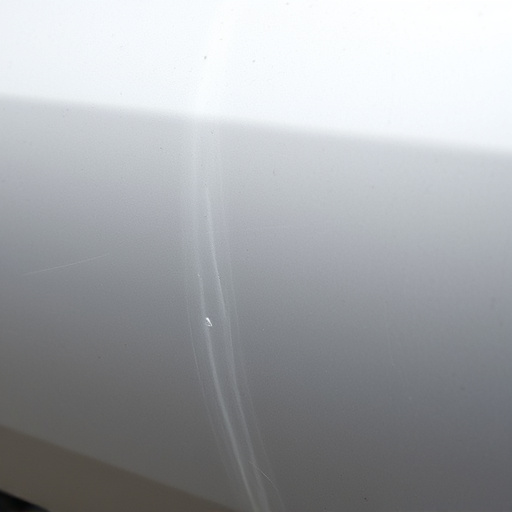
When comparing collision repair costs between DIY methods and professional auto collision centers, several factors come into play. Firstly, the extent of damage to your vehicle is a significant determinant. Simple fixes like minor dents or scratches might be more affordable when handled by an expert at a specialized center, as they have access to high-quality equipment and parts. Conversely, for complex repairs involving frame straightening or extensive panel work, DIY methods can be cost-effective if you possess the necessary skills and tools.
Another influencing factor is your desired outcome in terms of aesthetics and safety. While a DIY approach might save on costs, it may not match the precision and quality of professional repairs, potentially affecting your vehicle’s structural integrity and resale value. Professional auto collision centers offer state-of-the-art facilities and skilled technicians who guarantee precise work, ensuring your car’s safety and longevity. Additionally, these centers often provide guarantees on labor and parts, offering peace of mind that isn’t readily available with DIY repairs, especially when it comes to tire services or complex auto collision scenarios.
When weighing DIY collision repair against professional services, understanding the underlying costs and factors is key. While DIY methods can be appealing for budget-conscious individuals, professional collision repair offers superior quality and safety standards. By considering the various influences on collision repair bills, such as labor rates, parts costs, and the extent of damage, you can make an informed decision. Ultimately, choosing between DIY and professional services depends on your skills, time availability, and the desire for a flawless, safe repair that matches your vehicle’s original condition.
